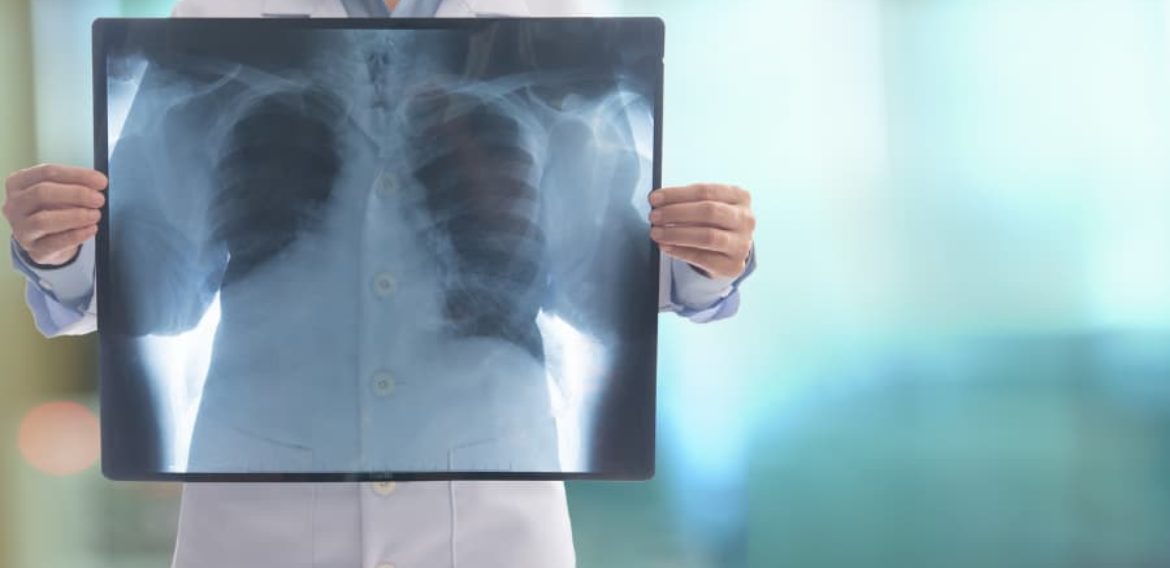How to Become a Radiologic Technologist

Many people have had X-rays taken of their bones or lungs to be medically diagnosed by a physician. Trained healthcare professionals perform these X-rays. Have you ever asked yourself what it takes to become a radiologic technologist? At Northwestern College, serving students in Oak Lawn, IL, and the greater Chicago area, we offer a radiologic technology program for students interested in this medical specialty. Here, we’ll discuss this career choice and what your journey from student to professional may entail.
What Does a Radiologic Technologist Do?
An X-ray is a procedure that creates images by passing radiation through the body onto a detector. Dense matter, such as bone, absorbs the radiation and appears white in X-ray images. Soft tissue and organs, which don’t absorb as much radiation, appear dark or gray. The job of the radiologic technologist is to produce these images by:
- Instructing patients during the procedure and taking their medical history
- Directing and adjusting the patient and equipment to capture precise images as requested by the ordering physician
- Operating the radiographic imaging equipment
- Following radiation protection guidelines and practices
Radiologic Technologists also consult with physicians to evaluate and interpret the images, maintain patient records, track X-ray inventory, and fine-tune the radiographic equipment. They may also have additional responsibilities, depending on the medical facility’s needs.
Radiologic Technologist Training
To become a radiologic technologist, you’ll first need a high school diploma or equivalent and meet the minimum qualifications for entry into a radiologic technology program. Then you’ll need to successfully complete the program and earn an associate degree, like the one student earn from the fully accredited radiologic technology degree program at Northwestern College. An associate degree takes about two years to finish and requires both coursework and externship training.
Next, you’ll need to become licensed in this specialty. Licensing requirements may vary, depending on the state in which you practice. Once complete, you must pass the national certifying examination administered by the American Registry of Radiologic Technologists (ARRT). Registered radiologic technologists may choose several different career paths.
Benefits of Being a Radiologic Technologist
Many people find being a radiologic technologist both professionally and personally fulfilling. It combines an affinity for technology and a drive to help others. Plus, there are several advantages to becoming a radiologic technologist, such as:
Above Median Salary
According to the U.S. Bureau of Labor Statistics (BLS), the median pay for radiologic technologist was $61,980 in 2021. This is well above the nation’s median salary of $45,760 during that same year.
Variety of Work Settings
Most radiologic technologists will have the option of working in radiology departments in hospitals, but they may also be employed by physician’s offices, diagnostic laboratories, and outpatient centers. This variety gives radiologic technology professionals the freedom to find a healthcare setting they truly find rewarding.
Flexible Work Hours
Work hours and schedules can be flexible, depending on the facility and patient needs. This can make it easier for radiologic technologists to balance personal and professional responsibilities throughout their careers.
Room for Growth
Once you’re trained and certified to be a radiologic technologist, you can complete additional educational requirements to specialize in a variety of related areas. Examples include magnetic resonance imaging (MRI), bone densitometry, or sonography.
If you’re ready to begin your radiologic technology training at Northwestern College, learn how to enroll. We take great care in providing students throughout Oak Lawn, IL, and the greater Chicago area with quality education and career services, so they can reach their professional goals in healthcare. To find out more about our radiologic technologist program, request information today.

